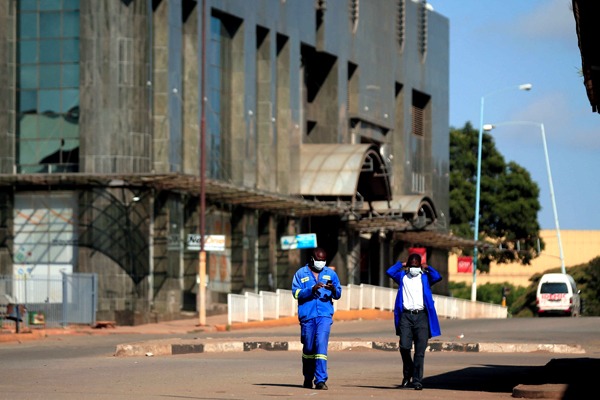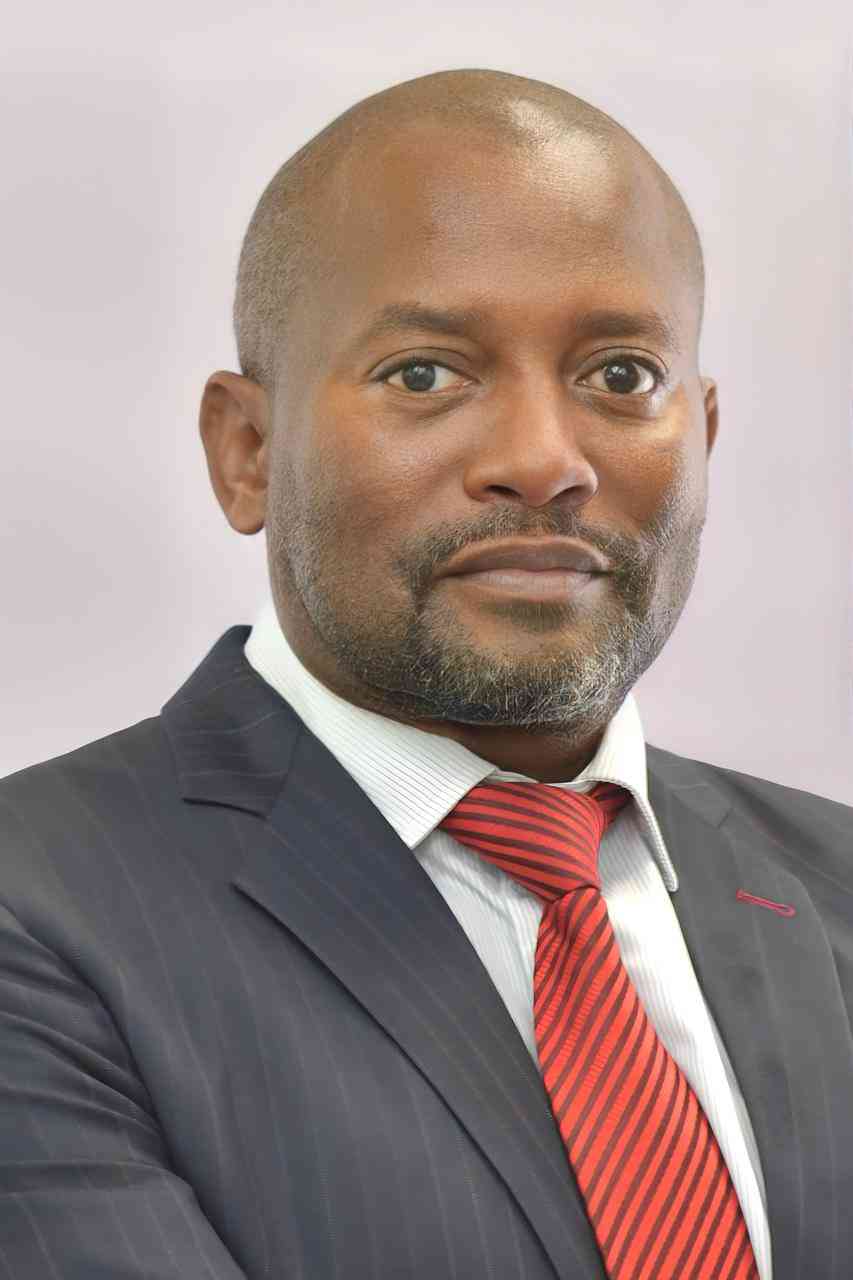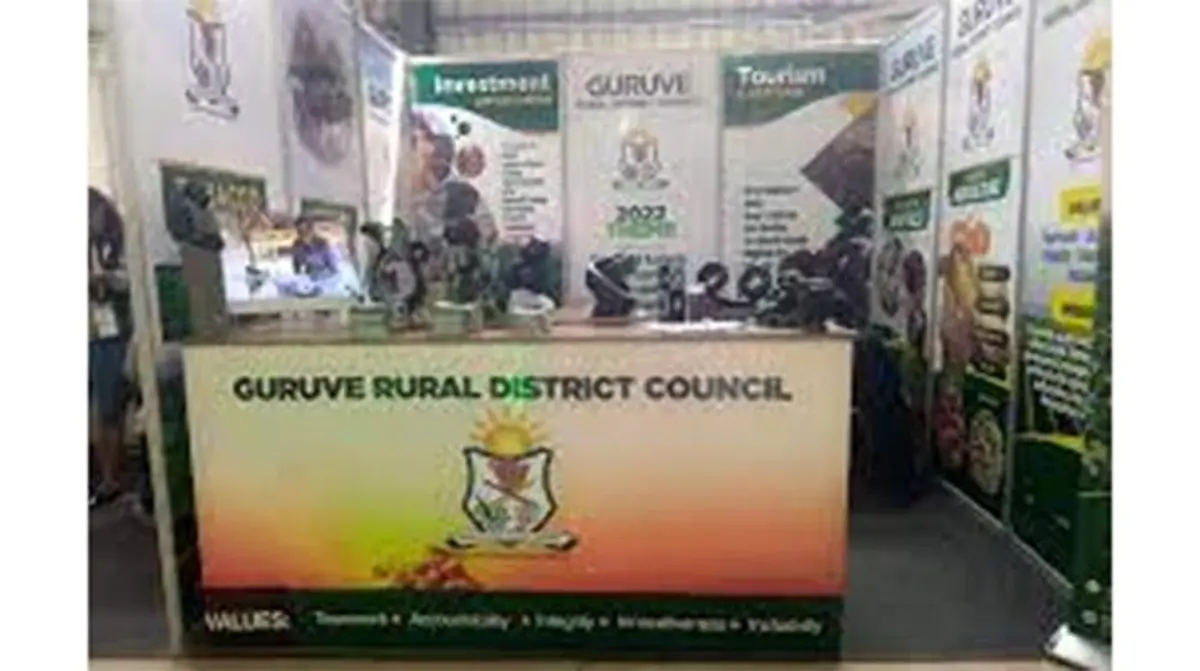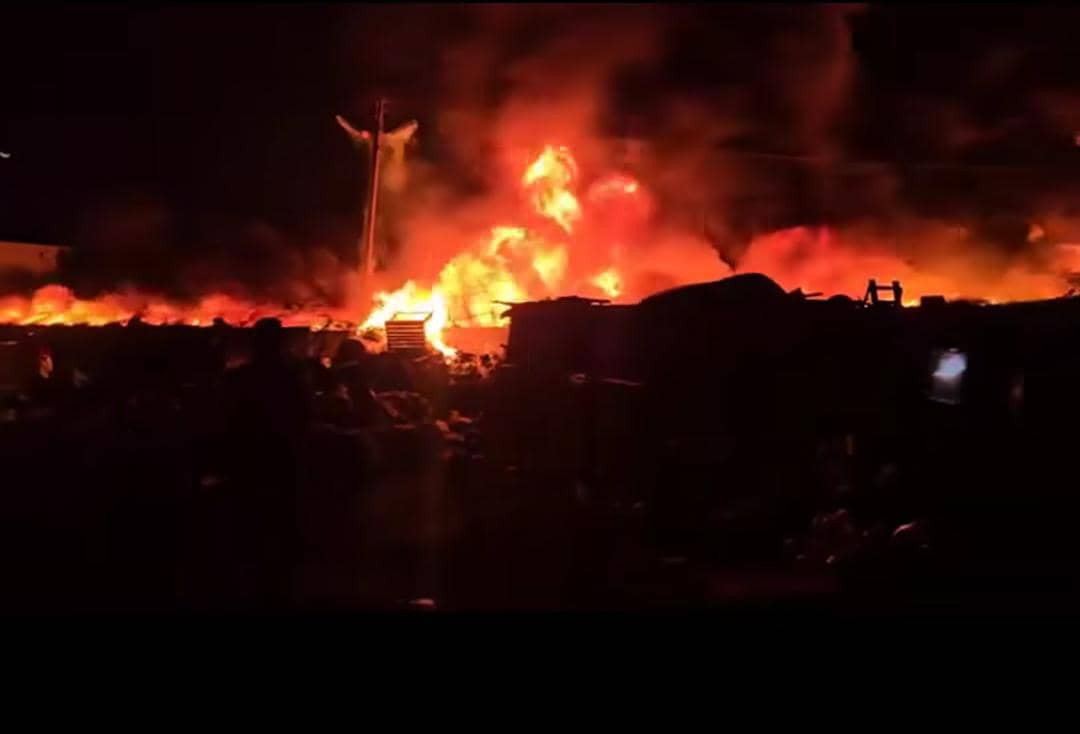
ZIMBABWE has a history of misuse of public funds and resources, including those meant to assist vulnerable people hit by disasters.
BY VENERANDA LANGA
Several reports by the Auditor-General’s Office and parliamentary portfolio committees, have exposed poor public finance management and a culture of extractive institutions and individuals whose interests are to plunder wealth, including donations.
Already, civil society groups such as the Zimbabwe Coalition on Debt and Development (Zimcodd) are demanding prudent public finance management and transparency and accountability on the use of funds and goods donated to benefit the vulnerable during the COVID-19 pandemic.
But media is awash with stories of abuse of COVID-19 donations and wrong priorities in distribution of goods and services throughout the country.
During a recent virtual meeting by Zimcodd on public finance management on COVID-19 funds, Gweru Urban MP Brian Dube (MDC Alliance) noted that it was wrong for politicians or government officials to spend money travelling to donate a few goods just to gain political mileage.
“I observed terrible tendencies of wrong priorities in distribution of COVID-19 assistance,” Dube said.
“For example, you find government officials using 200 litres of fuel to travel to a remote place with five members of the taskforce only to donate a few sanitisers and they claim allowances for that,” he said.
- Chamisa under fire over US$120K donation
- Mavhunga puts DeMbare into Chibuku quarterfinals
- Pension funds bet on Cabora Bassa oilfields
- Councils defy govt fire tender directive
Keep Reading
Media reports have also indicated that Chinese billionaire Jack Ma donated a consignment of 20 000 laboratory diagnostic kits, 100 000 medical face masks, and 1 000 protective suits and face shields to Zimbabwe while Econet Wireless founder Strive Masiyiwa donated 45 ventilators to fight COVID-19.
Government recently announced an $18 billion COVID-19 package for which MPs and civil society organisations are demanding accountability.
They also want access to information on how the $18 billion package, as well as the donations from Jack Ma, Masiyiwa and several other donors were distributed.
Public Accounts Committee chairperson Tendai Biti (MDC Alliance) said government should disclose the source of the $18 billion stimulus package, or else it could just be “hot air”.
Zimcodd executive director Janet Zhou said it was imperative for Zimbabweans to know how COVID-19 resources were utilised.
“It is important that institutions such as Parliament, the Procurement Regulatory Authority of Zimbabwe (Praz) and the Zimbabwe Anti-Corruption Commission are involved in the oversight of COVID-19 resources which government is receiving,” Zhou said.
For effective oversight over COVID-19 resources, Transparency International Zimbabwe (TIZ) official Muchaneta Mudomba said there was need for a corruption risk analysis to plug loopholes that could cause looting of public funds meant for disasters.
“As TIZ, we issued a statement highlighting the corruption vulnerabilities and engaged the Health ministry to have the Jack Ma donations publicised, but unfortunately, nothing came out of it. We need government to publish what they received and the distribution mechanism,” Mudomba said.
She said Zimbabwe had a good legal public finance management framework as well as progressive institutions, but the framework was not aligned to the Constitution and that created room for continued abuse of public funds.
Mudomba said procurement should also follow transparent processes during the COVID-19 period and good procurement procedures recently introduced by Praz should be used as government procured materials to fight COVID-19.
“We have noticed that in as much as a list of suppliers was published; most of them are based in Harare. Why not decentralise the contracts? Failure to decentralise has become an avenue for corruption. TIZ recommends that names of companies that supply COVID-19 items must be published, as well as the names of their owners,” Mudomba said.
Eben Tombo from Action Aid Zimbabwe felt there was need for strong institutions to deal with disaster risk management, something which is missing in Zimbabwe.
“Our Legislature should be sensitive to say we should have room for civic society and public players to contribute, but what we see is sidelining of these players. Public finance management means that information should be a public resource,” Tombo said.
Women in Politics Support Unit executive director Sakhile Sifelani-Ngoma said there was need for public sector reforms if public finance management were to be practised effectively.
“We need to bring public sector reforms back to the table. We need to look at how effective and efficient is government response to disasters. Legislators much look at how efficient and effective the public sector is, and do an audit on how government departments provide services that they are supposed to provide,” she said.
Zimbabwe Environmental Law Association executive director Mutuso Dhliwayo said people in resource-rich communities had not received support from resources mobilised for COVID-19.
“So, if you analyse government response using principles of reliability, responsiveness, transparency and openness, you will see that government is failing to provide these resources to cushion vulnerable people in times of need.
There is a leaked document published by Africa Confidential which says our government was begging for funds. But why is government failing to support communities with natural resources during disasters? What we are seeing is that these disasters are now regular and we should be prepared for them,” Dhliwayo said.
Norton MP Temba Mliswa (Independent) said the government was good at receiving and trumpeting what it had received but mum on the identities of the beneficiaries.
“Auditor-General Mildred Chiri has done phenomenal work to expose mismanagement of funds, but the problem is that civil society and Parliament never push for the recommendations in those reports to be implemented,” he said.
“We pass the budget when a certain ministry has not even complied with the Public Finance Management Act. On COVID 19, we need to be fair in terms of accountability. Government likes to receive, but not to disclose who will benefit from the donations.”
Mliswa said it was important to know the pharmaceutical companies certified as dealers. All these arguments show that issues of transparency and accountability are peripheral in accounting for COVID-19 funds as it involves procurement of equipment using donations and billions of dollars of public funds.
Revenue consultant and socio-economic analyst Tafadzwa Kuvheya said COVID-19 had exposed irresponsible behaviour, adding that sound public finance management systems were critical to support efficiency of government emergency response.
Kuvheya said there was need for external scrutiny to hold public officials to account for efficiency, flexibility, reliability, responsiveness, openness, transparency, effectiveness and timeliness in their responses to disasters such as COVID-19.











